Poli poli – Life moves slowly in paradise
After spending two weeks lounging around by the beach on mainland Tanzania, we were pretty prepared for the pace of life on Zanzibar. This beautiful island has the most gorgeous beaches I have ever seen. White sand, turquoise water and coral reef make up the coastlines that surround the island. Claire and I had ended up in paradise. We were staying at Pweza Bungalow and Beach resort, which was essentially made up of five mini huts pretty much on the beach and one shared communal kitchen and dining area. When we arrived on the first day we were greeted by Ame. Ame is a big local guy with a great personality. The saying here on Zanzibar is Poli Poli, which translates to Slowly Slowly. It’s essentially the way life is here on the island, and Ame perfectly encapsulates that attitude. He’s supposed to be up to cook us breakfast in the mornings, however, he is often late, strolling in when he wants to make us our food. But you just can’t get angry at him. He’s one of those people that is so utterly likeable, he can get away with anything. And after being here for three weeks, we can now forgive him a bit of a lie in.
We were staying in Pingwe, a small village on the east coast of the island and everyone in the village seems to know everyone. Whenever Phil, the Kiwi owner of Pweza, asks Ame to run and grab something for us, whether it’s more loo roll or water, Ame nods and within seconds a kid from the village is at the gate with the required items. Phil delegates to Ame who outsources most of his work to the local village kids. It’s a great system. Ame is also a big football fan, however, when I asked him if he played he patted his big belly and said that he was too fat these days. Always smiling, Ame is great fun to be around. Zanzibar is, thanks to its amazing coastline full of a range of fantastic fish, a great place for lovers of seafood. And Ame has been a great help to us when it comes to helping us purchase the freshest fish possible from the local fishermen. Each morning the fishermen come out of their boats with the day’s catch and Ame is the first person over there looking for his lunch. Due to us being able to cook for ourselves at Pweza, which we were so excited about, Claire would also often join Ame and barter with the fishermen, coming back with plenty of fresh fish each day. The fishermen would even gut and scale the fish for us and they were still as cheap as you could want. One morning we watched from our hut as the fishermen brought up that day’s catch and all the locals crowded round as usual. We spotted one huge fish, a real giant. Everyone was clearly impressed. And who was the lucky villager who got to take that fish home? Well, Ame of course.
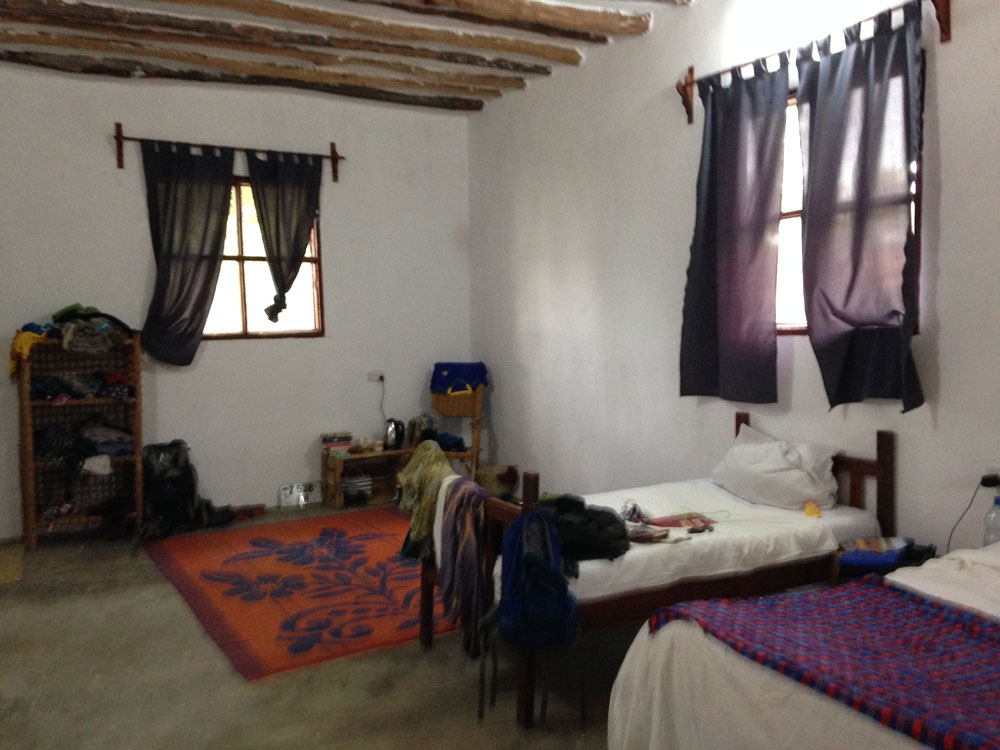
Our room at Pweza
The view from Pweza.
During our time in Pweza Ame has been one constant. We have spent around three weeks here and many other guests have come and gone and Phil the owner is in and out, often out looking after his baby William or working on one of his other jobs, but Ame is usually around. Unless he’s off running errands or sleeping in his hammock or riding his moped the two minutes to the shop and back. He even took some time out to teach Claire and I some Swahili. We have already learned some basics including Jambo (a sort of greeting like ‘hello’), Mambo (another greeting a bit like saying ‘how’s it going?’) as well as Poa and Asante (‘good’ and ‘thank you’ respectively). But after chatting with Ame we got to learn some fantastic Swahili phrases. For example, if someone asks you ‘Mambo vipi?’, which essentially means ‘how are you?’ you can reply with one of two brilliant phrases. You can either say ‘poa kichizi kama ndizi’ – which means ‘Crazy cool like a banana’ or one that I am not even going to try and spell that translates to ‘cool like the ocean’. During our time in Tanzania we have also heard the phrase ‘hakuna matata’ a lot, which is fun. And, speaking of The Lion King, we found out that most of the characters’ names are Swahili words. Simba means lion, Pumba means stunted or slow whitted and is also the word used oftentimes for warthogs, Rafiki means friend, and Nala means gift.
As well as enjoying interacting with the locals on Zanzibar who all seem to be incredibly friendly, Claire and I have also been able to cook for ourselves, which we have found to be a real treat. As mentioned earlier, Claire has been fantastic at going out and speaking with the fisherman always coming back with a different fish. She has bought us some blackfish, some fresh squid, a delicious red snapper and a batch of five parrot fish, which were beautiful colours. We’ve also been able to pop to the little vegetable stall in the village to get the rest of our ingredients to make some amazing meals. We think they have started to charge us better for our purchases now that they are getting to recognise us, as opposed to charging us muzungu (whiteman) prices. When it comes to cooking Claire and I have mainly just been frying the fish in butter and garlic, before adding a squeeze of lime over the top. Sometimes simplicity is the key. Though we did make a banging fish curry one night and some lovely calamari another.
Fresh parrot fish
As mentioned earlier, the pace of life here on Zanzibar is very slow. Especially now we’re in low season and also in the midst of the rainy season. Our days are split. Sometimes we get fantastic sunshine and other days we are struck with monsoon style rains. Not that we’re complaining. We’ve enjoyed the rainy days sitting in our little hut reading or chatting about this and that. And when the sun comes out we’ve been for walks along the beach, been swimming in the crystal clear ocean and taken a couple of trips to Stonetown, the busy ‘capital city’ of the island with plenty of old Muslim architecture and other fantastic tourist attractions like the old slave market and spice tours. But we have spent an awful lot of our time chilling out by our hut, Claire lying down on our little outdoor bed and me swinging in the hammock.
We’ve also spent time hanging out with some of the other guests as well as Phil and Ame. Chaz and Tash were two young Australian girls who spent a few days with us at Pweza and were good fun and then during our last week we had new nextdoor neighbours who Claire and I fell in love with a bit. Efe and Jasmin, a couple from Israel, who live in India. Efe is a singer songwriter who plays in bars to tourists – she also loves talking and rarely stops. And Jasmin who works online and whilst she does talk less than Efe, she has just as many interesting stories to tell. Both of them were great fun and Claire and I ended up spending a lot of our time that week hanging out with them. We would often spend hours sitting listening to music and chatting. They had some fantastic stories including the one about how they met, which I will write down some day soon.
Ame, Chaz, Phil, Tash, Claire
As well as awesome interesting people, wonderful scenery and the perfect chilled out atmosphere, we also had three cats. They belonged to the owner of the restaurant next door, but he had just left them for the low season after he closed up his restaurant. So we were left with these three meowing felines that would circle us each dinner time. At first they were annoying, but in the end we sort of took them under our wing leaving our fish heads and other leftovers out for them. One of them, the only female of the group, was heavily pregnant, so we sort of felt sorry for her-though one day we woke up and she was no longer pregnant and her kittens were nowhere to be seen which was sad. The other two were males, one of which Claire fell in love with a bit and the other was taken in by Efe and Jasmin. They gave him the creative name of Mr Cat – I can’t remember the Hebrew translation.
Me, Efe, Jasmine and Claire
Claire and Ame preparing a fish
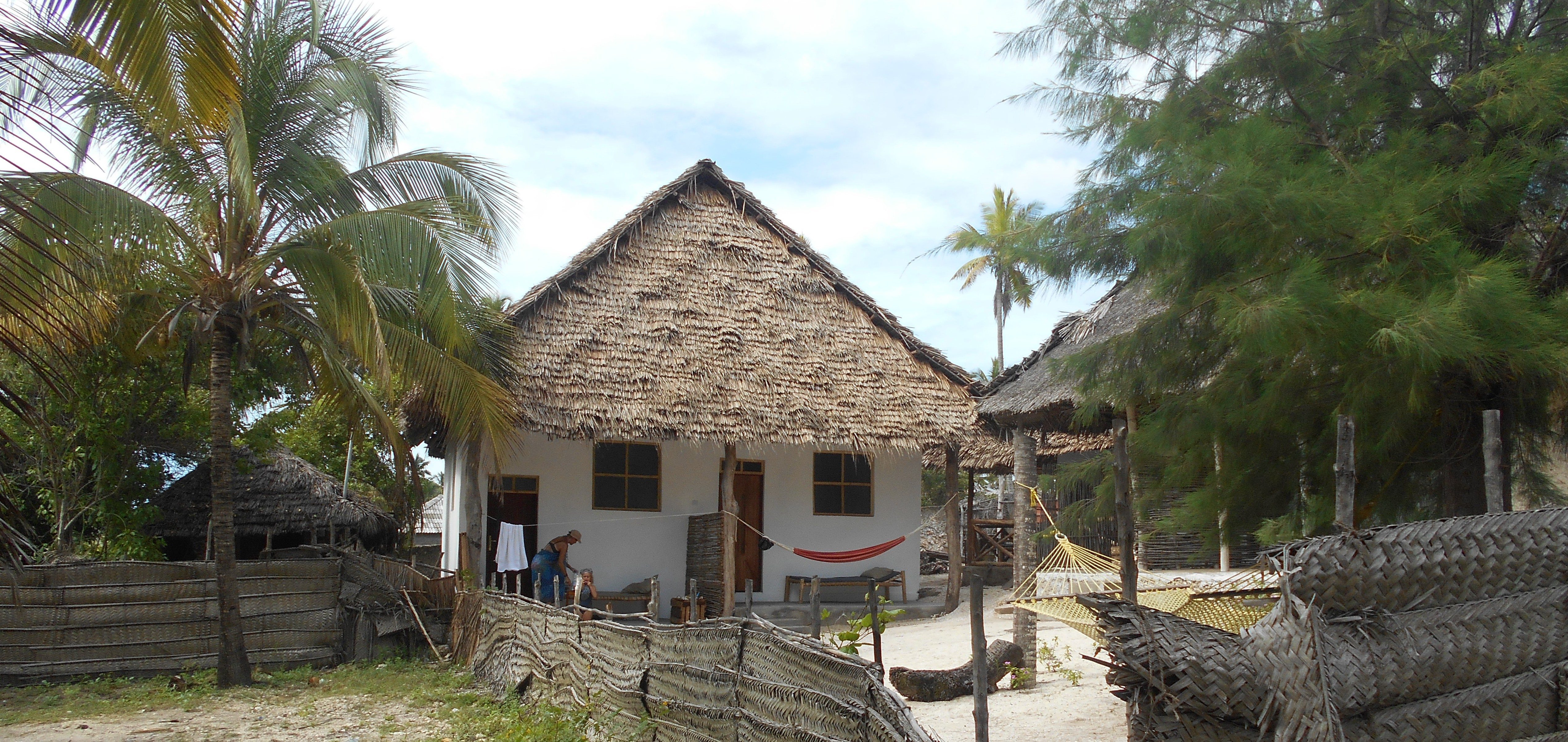
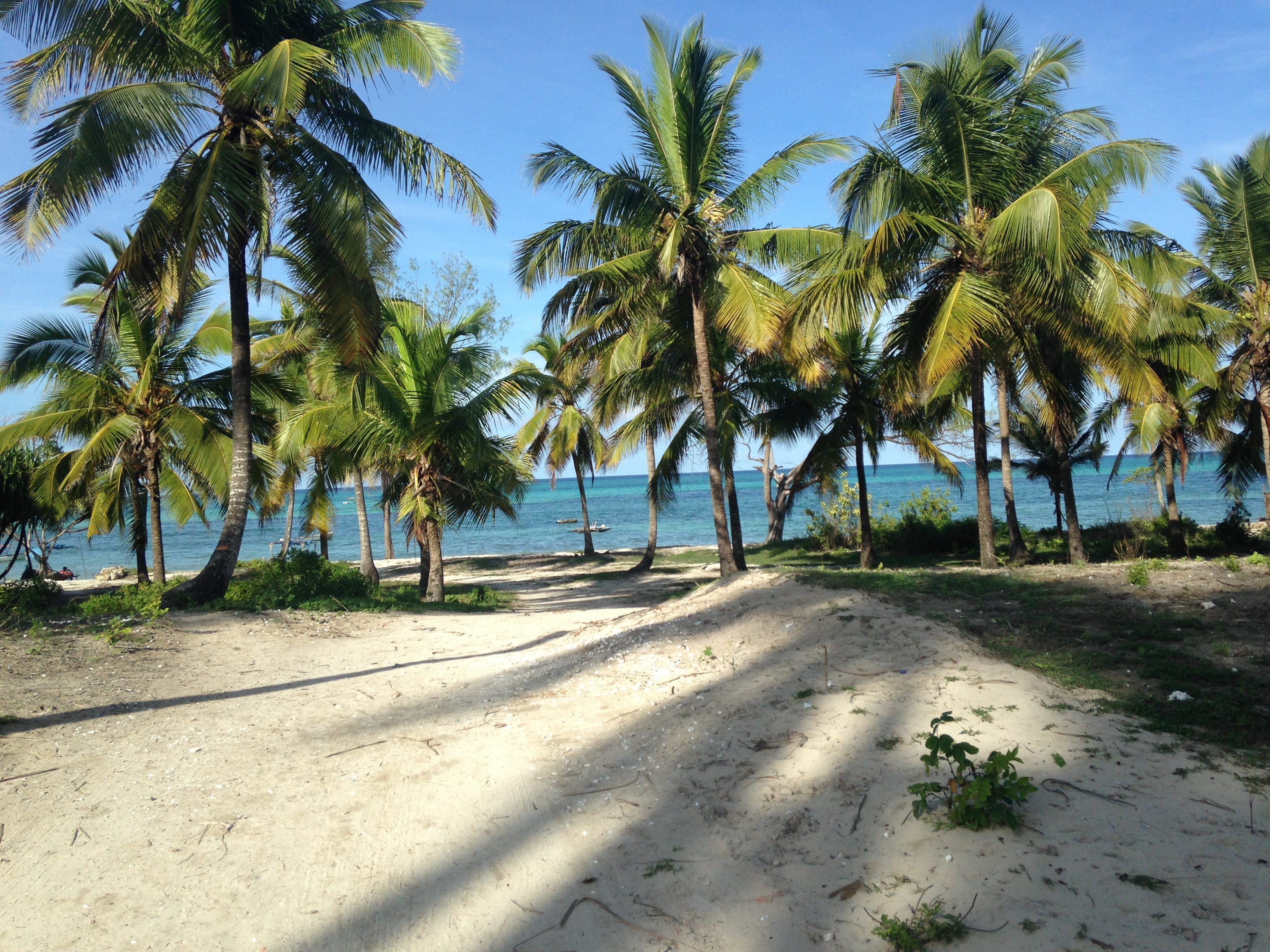
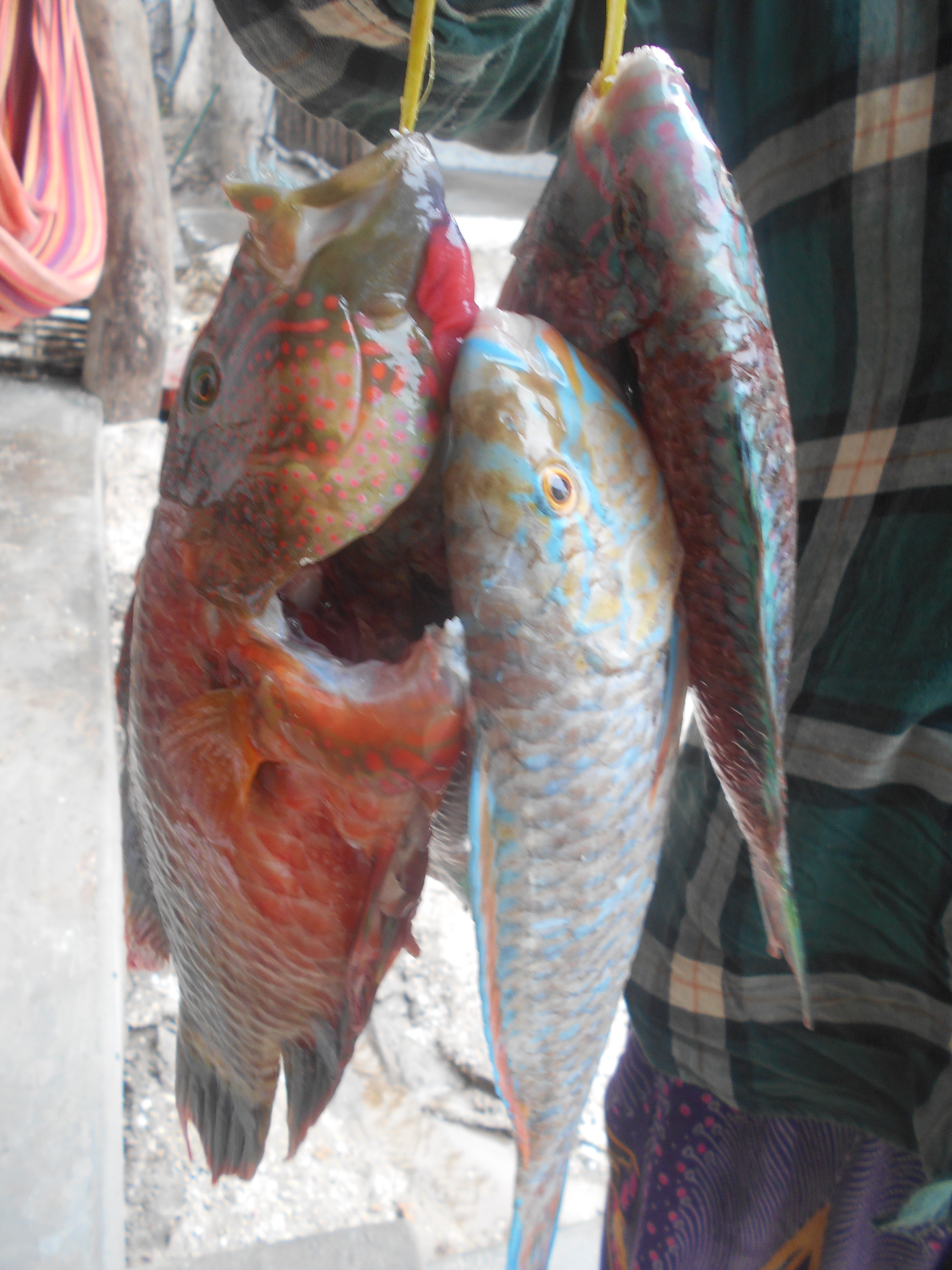


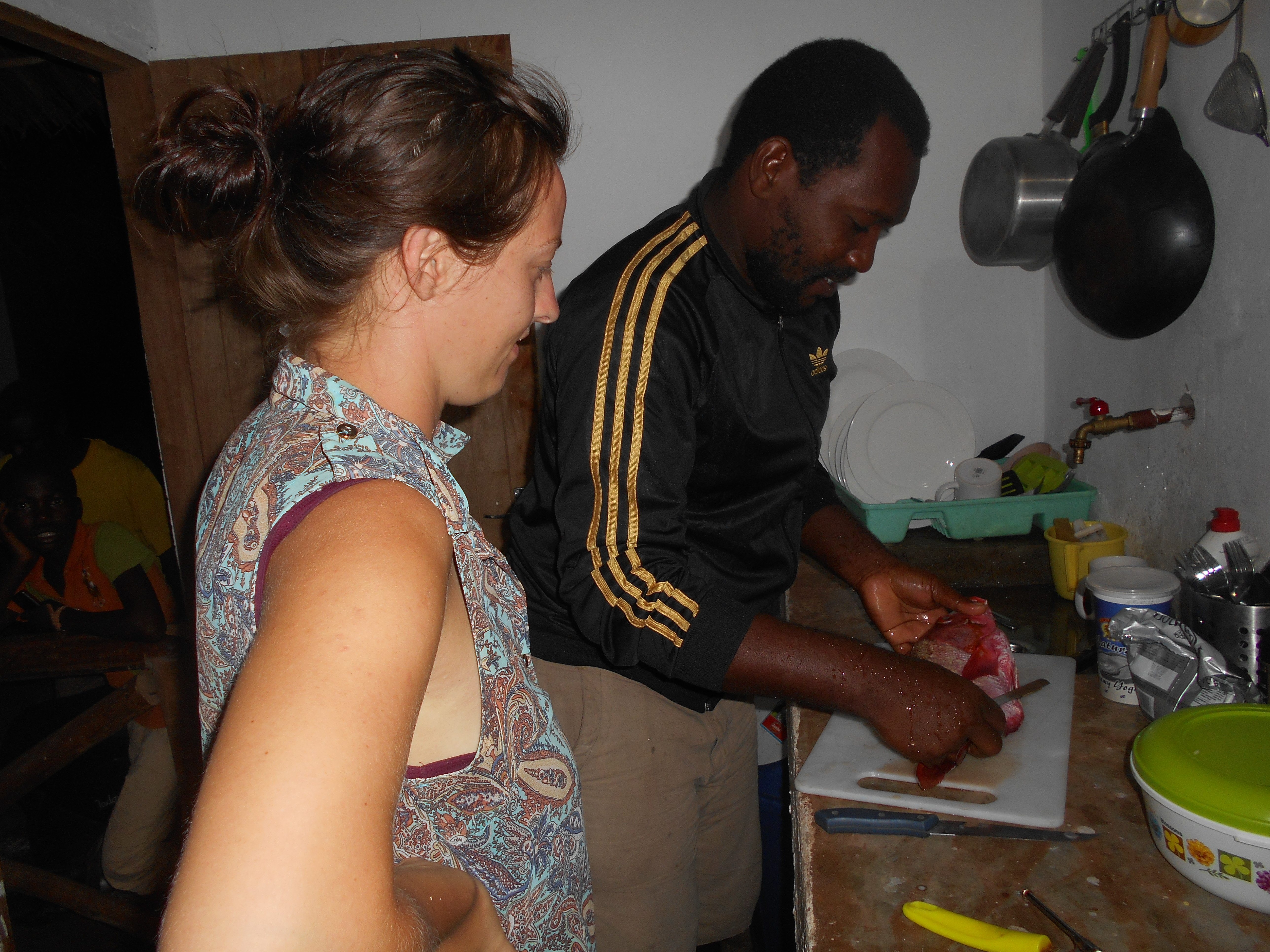
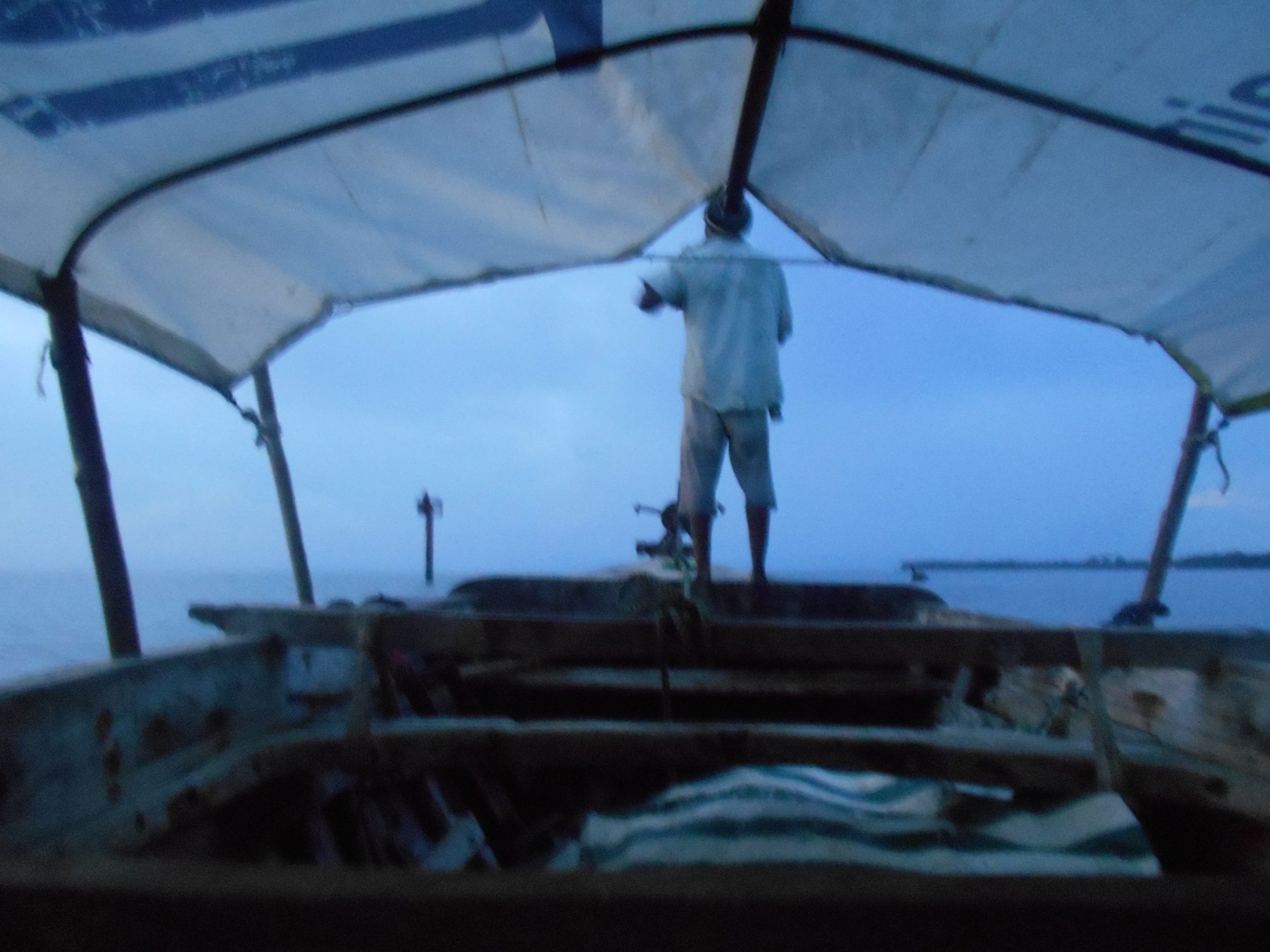
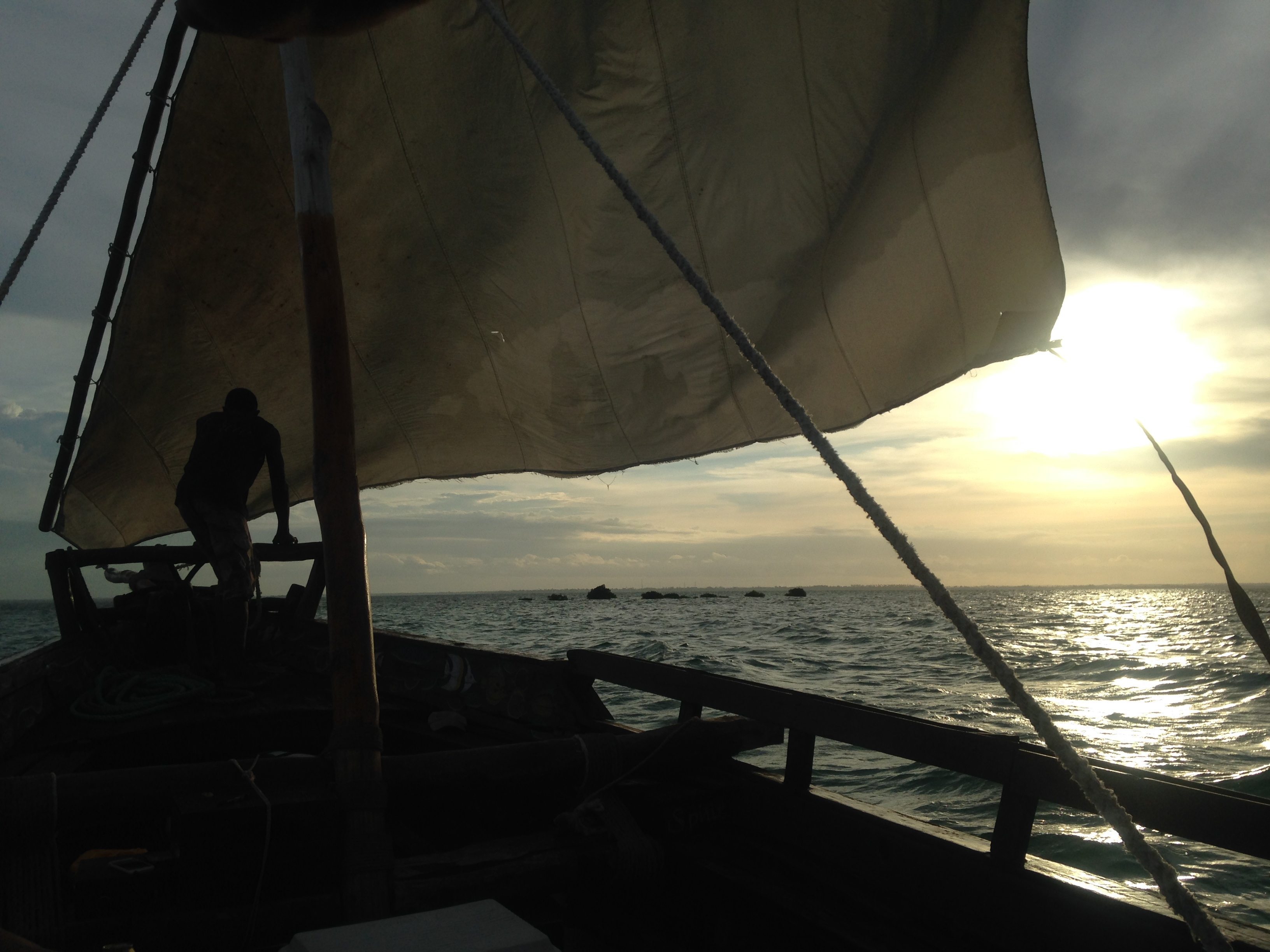






Comments are closed here.